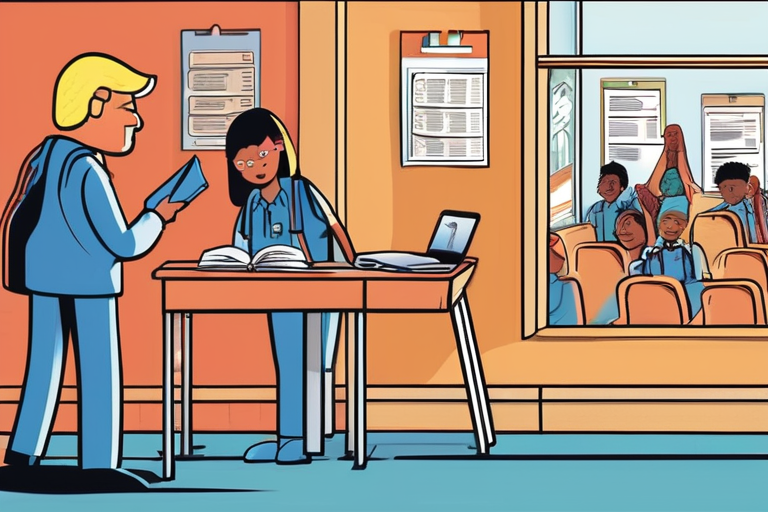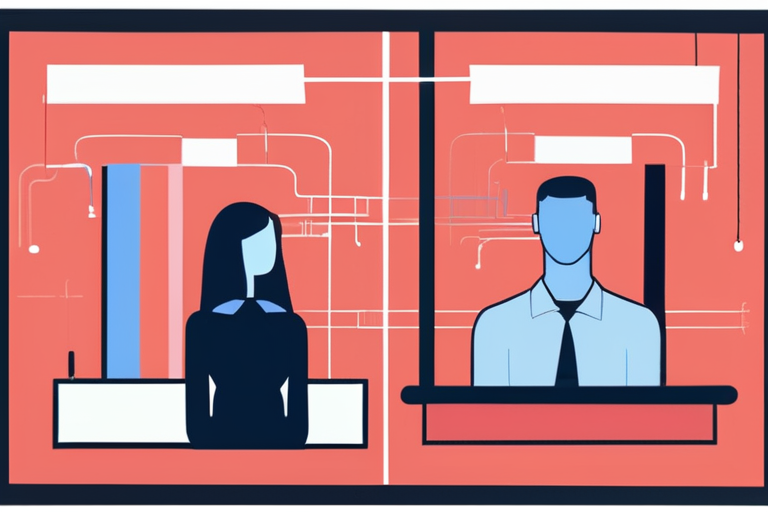The Trump Administration's Education Overhaul: 5 Ways Public Schools Are Changing Fast


Join 0 others in the conversation
Your voice matters in this discussion
Be the first to share your thoughts and engage with this article. Your perspective matters!
Discover articles from our community


 Hoppi
Hoppi

 Hoppi
Hoppi

 Hoppi
Hoppi

 Hoppi
Hoppi

 Hoppi
Hoppi

Crypto Market Plunges: Bitcoin Down 10%, ETH, XRP, SOL Crash Amid Trump Tariff Announcement A sudden flash crash in the …
hoppi

Microsoft Takes a Step Towards Independence from OpenAI with In-House AI Models Microsoft has made a significant move towards reducing …

Hoppi

Therapists Caught Using ChatGPT in Secret Sessions In a shocking revelation, several therapists have been found to be secretly using …

Hoppi

NATO Countries Pledge to Defend Poland After Russian Drones Shot Down In a dramatic escalation of the conflict in Ukraine, …

Hoppi

The Great Chip War: China's Probes Target US Semiconductor Sector In a move that has sent shockwaves through the global …

Hoppi

Charlie Kirk's Memorial Marks Christian Nationalism's Biggest Moment BERLIN (AP) — A sea of 80,000 people gathered at State Farm …

Hoppi